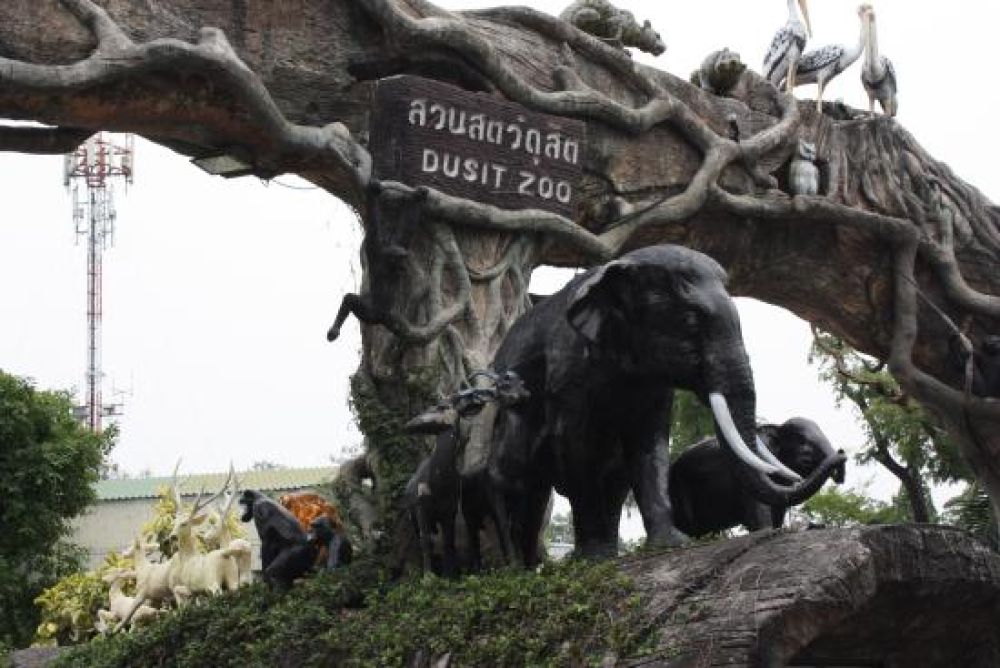

Dusit Zoo, also known as Khao Din Wana, was not only a significant recreational area in Bangkok but a place rich in history. It was originally established as a royal botanical garden by King Rama V in 1938 but subsequently opened its gates to the public as a zoo. The zoo quickly became a beloved attraction where families, tourists, and animal enthusiasts could encounter a variety of wildlife within the bustling cityscape of Bangkok.
For decades, Dusit Zoo served as a sanctuary for over 1,600 animals from all corners of the globe. It was the oldest zoo in Thailand and played a crucial role in educating the public about wildlife conservation. The zoo was situated in the midst of Bangkok's administrative center, near important landmarks such as the Parliament House and Dusit Palace, making it a location of convenience and historical importance.
The zoo was a significant tourist destination that added to the diverse cultural landscape of Thai tourism. Visitors could immerse themselves in the charm of the park's peaceful lakes, engage with the animals, and enjoy the elaborate gardens that showcased Thailand's flora. Dusit Zoo's accessibility and family-friendly environment made it a staple on the itinerary of many travelers to Bangkok, often in conjunction with visits to nearby cultural sites.
Despite its popularity, Dusit Zoo closed its gates permanently in September 2018, ending an era that spanned over 80 years. The zoo's land, which is part of the Royal Dusit Palace grounds, is being repurposed for public service following the zoo's closure. There have been plans discussed for relocating the animals and establishing a new, more modern zoo outside Bangkok, aiming to enhance animal welfare and update facilities in line with the best international practices.
With the zoo now closed, tourists to Bangkok have shifted focus to other emerging attractions and experiences. Current trends in Bangkok's tourism include exploring urban art districts, engaging in authentic street food tours, indulging in wellness retreats, and visiting sustainable and community-based tourist spots. The Tourism Authority of Thailand is also promoting lesser-known destinations to disperse the benefits of tourism and reduce the impact on heavily visited areas.
The spirit of conservation and wildlife awareness that Dusit Zoo embodied lives on through educational programs and conservation efforts throughout Thailand, with new wildlife sanctuaries and ethical animal tourism sites becoming increasingly popular amongst both local and international tourists. The legacy of Dusit Zoo remains cherished in the hearts of those who visited, as Bangkok continues to evolve and adapt its tourism offerings.